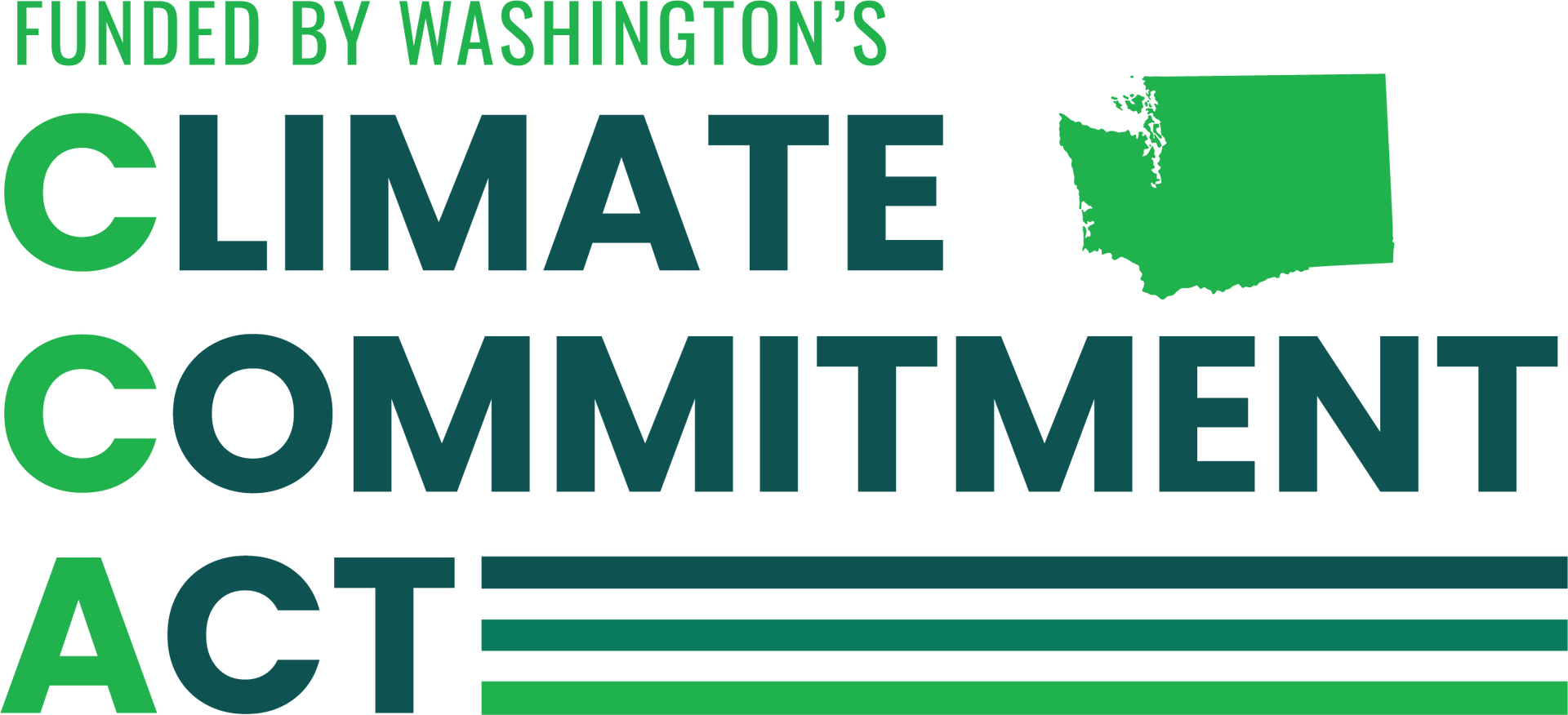Mobility Coalitions
King County Mobility Coalition
King County Mobility brings together individuals and organizations to share information, assess the needs of the local community and current transportation networks, provide recommendations to expand systems, develop strategies, tools, and projects to improve special needs transportation services and mobility options for people with limited transportation options, and educate decision-makers, community groups, and the general public.
Learn more about:
Join the conversation and reach out today
KCMC Workgroups and Related Programs include:
Eastside Easy Rider Collaborative
As the regional mobility coalition in East King County, the Eastside Easy Rider Collaborative (EERC) works to improve regional mobility awareness and access for special needs populations in East King County through education, advocacy, coordination, and collaboration.
North King County Mobility Coalition
The North King County Mobility Coalition (NKCMC) was formed in the fall of 2010. Membership includes transportation service providers, human service agencies, and residents and city agencies of North Seattle, Shoreline, Lake Forest Park, Kenmore, Bothell, and Woodinville.
South King County Mobility Coalition
The South King County Mobility Coalition’s ongoing efforts support residents reaching their potential by increasing transportation options. Through identifying coordinated and sustainable ways to assist individuals—with a focus on older adults, youth, persons with disabilities, immigrants and refugees, Veterans, and low-income individuals—we work to share current information on needs, trends, and events relevant to mobility within the region.
Snoqualmie Valley Mobility Coalition
Access to transportation is vital, particularly in rural areas, where the lack of independent mobility may significantly impact people's lives, determining whether they are isolated or actively involved in the community. Having transportation options enables individuals to schedule doctor’s appointments, attend school, maintain jobs, and spend quality time with family and friends. Mobility issues often include a lack of vehicle access, inadequate infrastructure, long distances, lengthy travel times, transportation costs, and policies that hinder travel and progress.
In 2017, the Snoqualmie Valley Mobility Coalition (SVMC) was established through collaboration with advocates and local cities throughout the Valley, including healthcare providers, human services organizations, government agencies, non-profits, and transit end-users. The Coalition's main goal was to enhance the regional transportation network in the Snoqualmie Valley by providing safe, reliable, equitable, affordable, and accessible transportation options for all.








